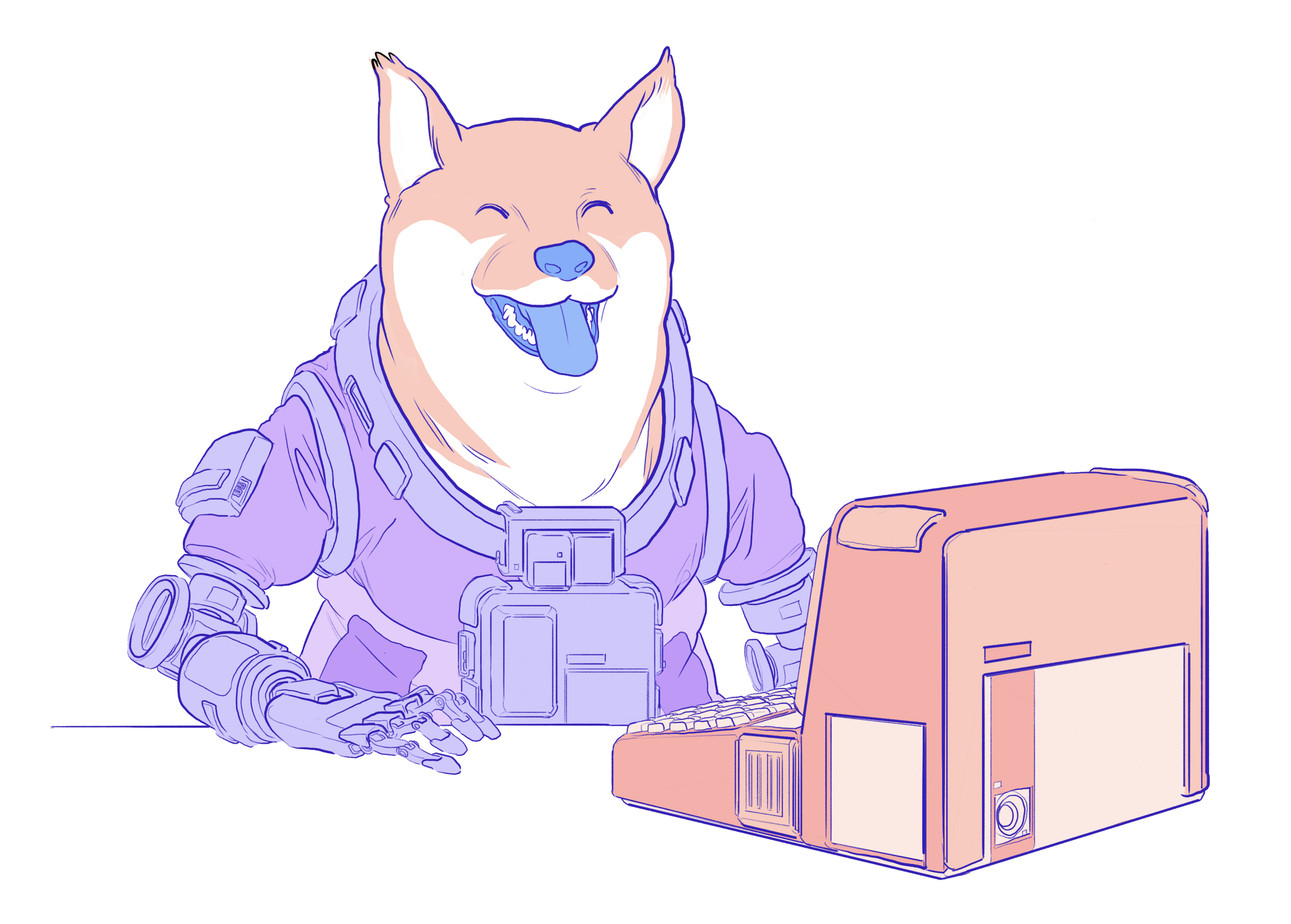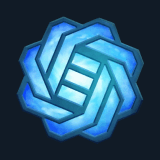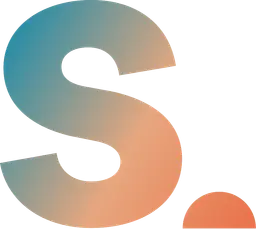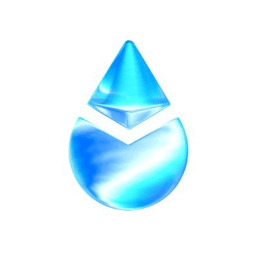
開始使用
想嘗試去中心化應用程式,你需要及一些以太幣。錢包讓你可以連結或登入。而以太幣可以用來支付任何。
適合新手
以下是一些適合新手的去中心化應用程式。往下探索更多。
探索去中心化應用程式
許多去中心化應用程式 (dApp) 仍在實驗性階段,測試去中心化網路的可能性。不過目前已有一些去中心化應用程式的先驅在科技、金融、遊戲及收藏品領域取得了成功。
選擇類別
去中心化金融
應用程式注重使用加密貨幣的金融服務,並提供服務如借貸、賺取利息,和私人付款 – 不需個人資料。
務必自行研究
以太坊是一門新創科技,且大多數應用程式也都很新。在投入大量資金前,請務必先了解風險。跨鏈橋
 開始AcrossAcross is a multi-chain bridge that allows users to transfer assets between different chains.
開始AcrossAcross is a multi-chain bridge that allows users to transfer assets between different chains. 開始HopHop is a multi-chain bridge that allows users to transfer assets between different chains.
開始HopHop is a multi-chain bridge that allows users to transfer assets between different chains. 開始StargateStargate is a multi-chain bridge that allows users to transfer assets between different chains.
開始StargateStargate is a multi-chain bridge that allows users to transfer assets between different chains.
想瀏覽更多應用程式嗎?
魔法 背後 去中心化金融
以太坊的哪些特徵,讓去中心化金融應用程式蓬勃發展?
開放使用
以太坊上的金融服務不需註冊。只要你有資金和網路連結,你就能使用以太坊金融服務。
新代幣經濟
整個代幣世界讓你可以和這些金融產品互動。人們時常以以太坊為基礎創造新代幣。
穩定幣
團隊建立了,這是一種價格穩定的加密貨幣。讓你能試驗並使用加密貨幣,不需承受風險與不確定性。
互相連結的金融服務
金融產品在以太坊領域都是模組化的,可以互相兼容。新模組配置隨時在市場上出現,並讓你可以拓展加密貨幣的可用領域。

去中心化應用程式背後的魔法
去中心化應用程式感覺像是一般的應用程式。但是在幕後它們有其特殊的特性,因為它們繼承以太坊所有的超能力。以下是去中心化應用程式與一般應用程式的不同之處。
是什麼讓以太坊如此偉大?無所有者
一旦部署到以太坊,去中心化應用程式的程式碼無法刪除,任何人都能使用去中心化應用程式功能。即使去中心化應用程式開發團隊解散,你還是能使用它。一旦部署於以太坊,就永遠存在。
不受審查
內建支付方法
隨插即用
匿名登入
以密碼學為基礎
無停機時間
去中心化應用程式原理
去中心化應用程式的後端程式碼(智能合約)在去中心化網路上運行,而非中心化伺服器。去中心化應用程式使用以太坊來儲存資料,並透過智能合約實現應用程式的邏輯。
智慧型合約完全按照程式碼運作,類似所有人都能閱覽的線上規則。想像一下自動販賣機,如果你投入足夠金額並按下正確選擇,你就能取得想要的商品。就像自動販賣機,智慧型合約也能儲存資金,跟以太坊帳戶相似,這讓程式碼能在合約與交易之間做為媒介。
一旦去中心化應用程式部署到以太坊網路上,你就不能變更。去中心化應用程式由合約中寫入的邏輯管控,而非個人或公司,因此具去中心化特性。
























